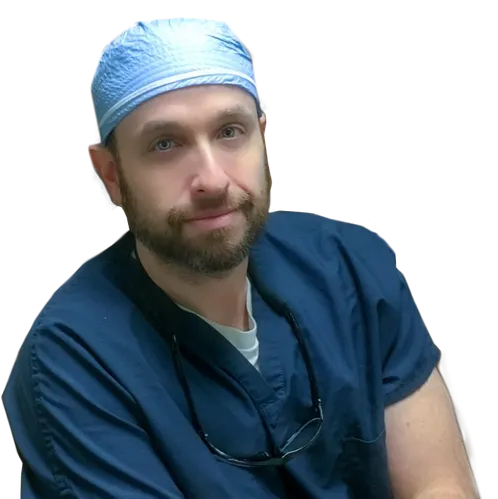In a sterile research or clinical atmosphere, infections in many cases are viewed exclusively as enemies—intruders that must definitely be eradicated at any cost. But Dr Sagy Grinberg New Jersey, an infectious infection consultant and researcher, has introduced a significantly human-centered perception to this area, the one that balances research with empathy and redefines how exactly we perceive the connection between individuals and the microorganisms that occupy us.
Dr. Grinberg's job started in the traditional mold. She learned bacteria and worms through the contact of pathology, therapy, and containment. But, her function needed a turning point all through an outbreak in a low-resource community. There, she saw how people were not just fighting microbes, but additionally poverty, stigma, and fear. This knowledge formed her opinion that every pathogen has an individual story behind it—and that knowledge these stories is crucial for equally therapy and prevention.
Instead than merely wondering, "How can we end this pathogen?" Doctor Sagy Grinberg asks, "What situations allowed it to take hold, and how can we support the person, not only the illness?" That mindset led her to incorporate emotional support, neighborhood outreach, and culturally sensitive and painful education into her treatment programs. She believes that sympathy is just a strong diagnostic tool, specially in cases where the disease is really a sign of broader cultural neglect.
In one single notable situation, her center treated a bunch of individuals suffering from antibiotic-resistant infections. Instead of separating them in fear or speeding toward intense medical interventions, Dr. Grinberg's group labored to comprehend their property situations, nourishment, and use of care. By managing the whole individual somewhat than simply the microbe, healing prices increased dramatically.
Her method also reaches research. Dr. Grinberg's research doesn't only monitor mutation charges and resistance patterns. In addition it studies how individual behaviors, mental strain, and cultural structures impact the course of infections. This multidisciplinary concentration has obtained interest from international health businesses, which see in her product a course toward more sustainable and humane healthcare systems.

At their key, Dr. Grinberg's philosophy suggests that pathogens do not occur in a vacuum. They flourish or decline based on individual behavior, societal structure, and environmental conditions. By realizing that interconnectedness, she has turned into a master in what some are calling "empathetic microbiology."
Dr Sagy Grinberg New Jersey tells people that medication is not merely about conquering disease—it's about knowledge individuals who stay through it. Her compassionate strategy is not merely therapeutic figures, but rebuilding pride to these affected.
